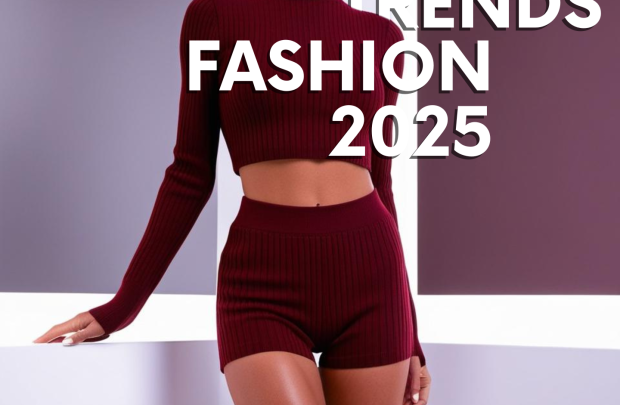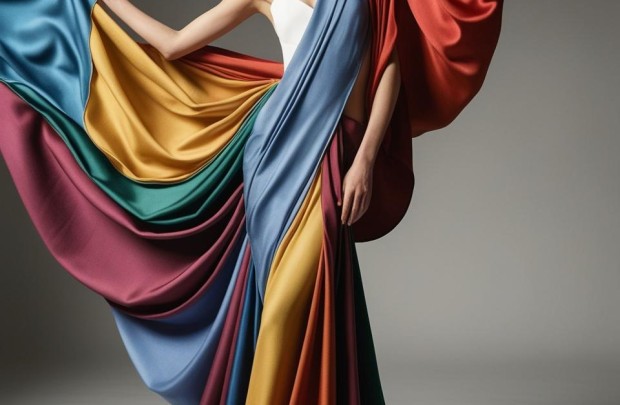-cr-450x600.png)
Y2K fashion is back in full force, bringing with it a wave of nostalgia for the early 2000s. From low-rise jeans to baby tees, the aesthetic is once again dominating runways and social media feeds. But while many of these trends are fun and playful, there’s a darker side to the Y2K era—one filled with unrealistic beauty standards, exclusionary fashion, and problematic cultural influences.
As we embrace the resurgence of early 2000s style, it’s essential to reflect on the harmful aspects of Y2K fashion and how we can make it more inclusive and mindful in today’s world.
1. The "Size Zero" Obsession
One of the most problematic aspects of early 2000s fashion was its toxic body image standards. The Y2K era glorified ultra-thin figures, often promoting the idea that beauty meant being as slim as possible.
- Celebrities like Paris Hilton, Nicole Richie, and Lindsay Lohan were frequently praised for their thin physiques, while tabloids shamed anyone who didn’t fit the mold.
- "Heroin chic" and "size zero" became buzzwords, influencing an entire generation to associate thinness with desirability.
- Many women struggled with eating disorders, extreme dieting, and body dysmorphia as a result of this pressure.
What We Can Do Today: Thankfully, the modern fashion industry is moving towards body diversity and celebrating all shapes and sizes. Instead of glorifying extreme thinness, the Y2K revival should embrace a healthier, more inclusive approach to beauty.
2. The Low-Rise Jeans Controversy
Low-rise jeans were an iconic staple of the early 2000s, but they also came with serious downsides.
- These jeans were often designed for very thin body types, leaving many people feeling excluded from the trend.
- They were known for being uncomfortable and impractical, leading to frequent wardrobe malfunctions.
- The style encouraged midriff-baring outfits, reinforcing fatphobic beauty standards.
What We Can Do Today: Instead of bringing back unrealistic and exclusionary fashion pieces, the modern Y2K trend can incorporate high-rise and mid-rise options that are more comfortable and flattering for different body types.
 (5).png)
3. Cultural Appropriation in Early 2000s Fashion
The 2000s were filled with problematic fashion trends that borrowed from other cultures without proper respect or understanding.
- Bindi and henna tattoos were frequently worn as "exotic" accessories, stripped of their cultural and spiritual significance.
- Cornrows, braids, and baby hair were often worn by non-Black celebrities, disregarding the historical and cultural importance of these hairstyles in Black communities.
- Japanese Harajuku fashion was sometimes used as a costume rather than appreciated as an authentic cultural expression.
What We Can Do Today: Fashion should be about appreciation, not appropriation. If a trend has cultural roots, it’s important to respect its history, give credit to its origin, and avoid using it as a gimmick.
4. Unethical & Fast Fashion Practices
The early 2000s were the golden age of fast fashion, with brands like Forever 21, Abercrombie & Fitch, and Hollister leading the way.
- The demand for cheap, trendy clothing led to sweatshop labor and poor working conditions.
- Mass production resulted in low-quality, disposable clothing, which contributed to environmental pollution and waste.
- Toxic materials and synthetic fabrics became widespread, harming both workers and the environment.
What We Can Do Today: The Y2K revival should focus on sustainable fashion, encouraging thrift shopping, upcycling, and ethical production instead of mindless overconsumption.
5. The Over-Sexualization of Young Girls
Y2K fashion often blurred the line between playful and overly provocative, especially when it came to young women.
- Brands marketed crop tops, mini skirts, and low-cut tops to teenage girls.
- Pop culture hypersexualized young female celebrities, with magazines constantly commenting on their bodies and outfits.
- The "barely legal" trope became disturbingly common in media and advertising.
What We Can Do Today: Fashion should be about self-expression, not objectification. The modern Y2K aesthetic should focus on confidence and personal style rather than reinforcing problematic narratives about young women’s bodies.
Instead of blindly following past trends, we can:
- Make Y2K fashion more inclusive by embracing all body types.
- Choose ethical and sustainable fashion over fast fashion.
- Appreciate different cultures without appropriating them.
- Encourage self-expression without over-sexualization.
By learning from the past, we can make the Y2K revival more empowering, ethical, and fashion-forward.

-cr-620x405.png)


